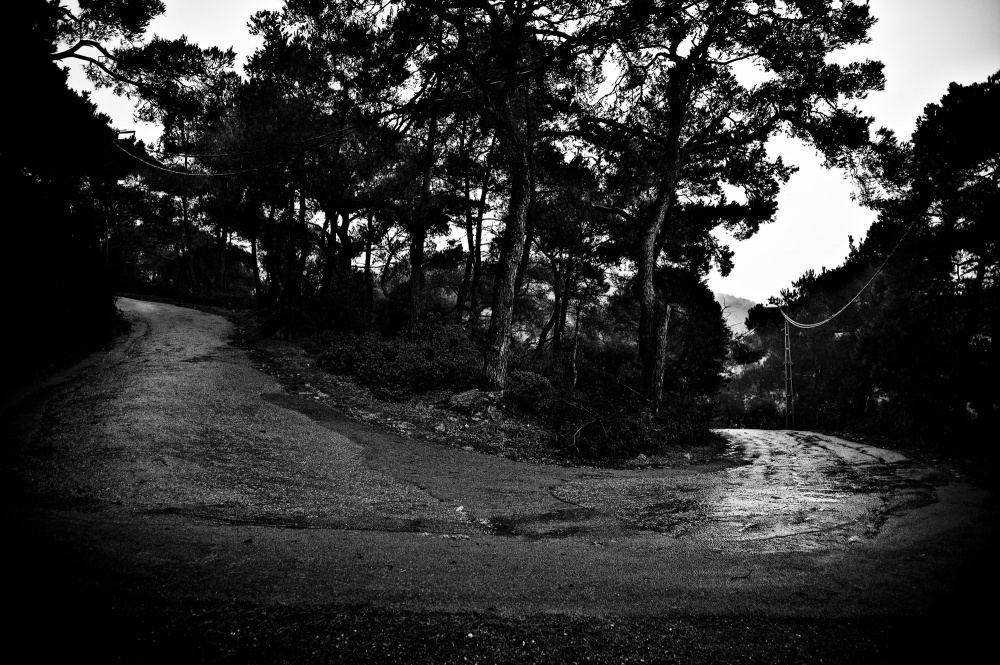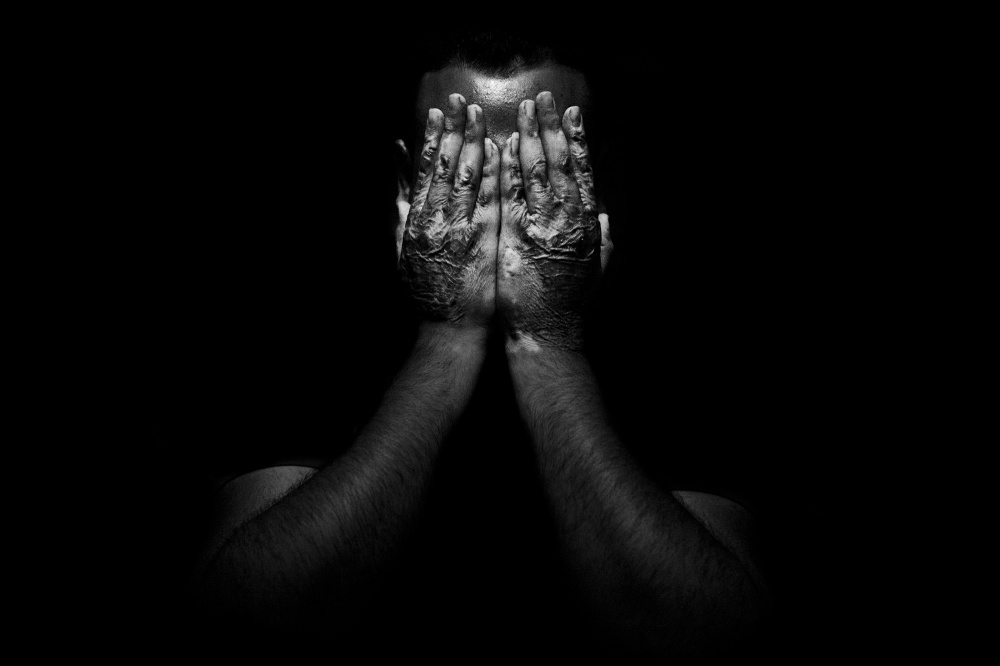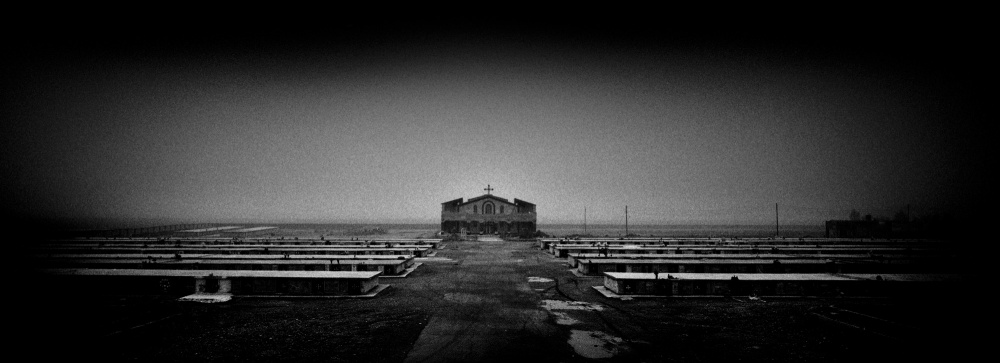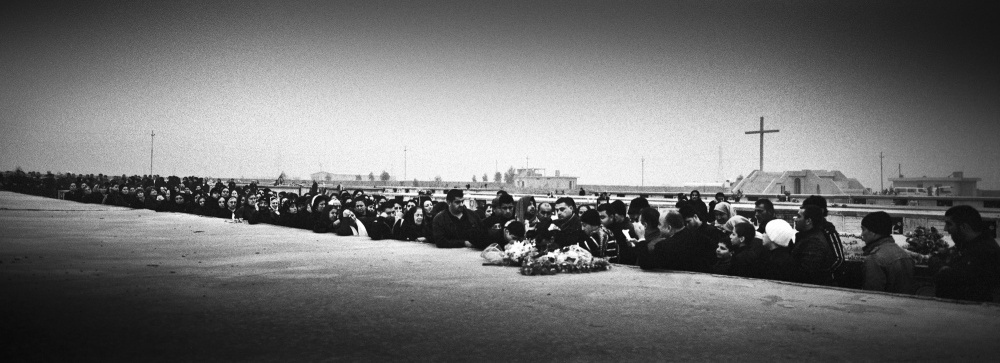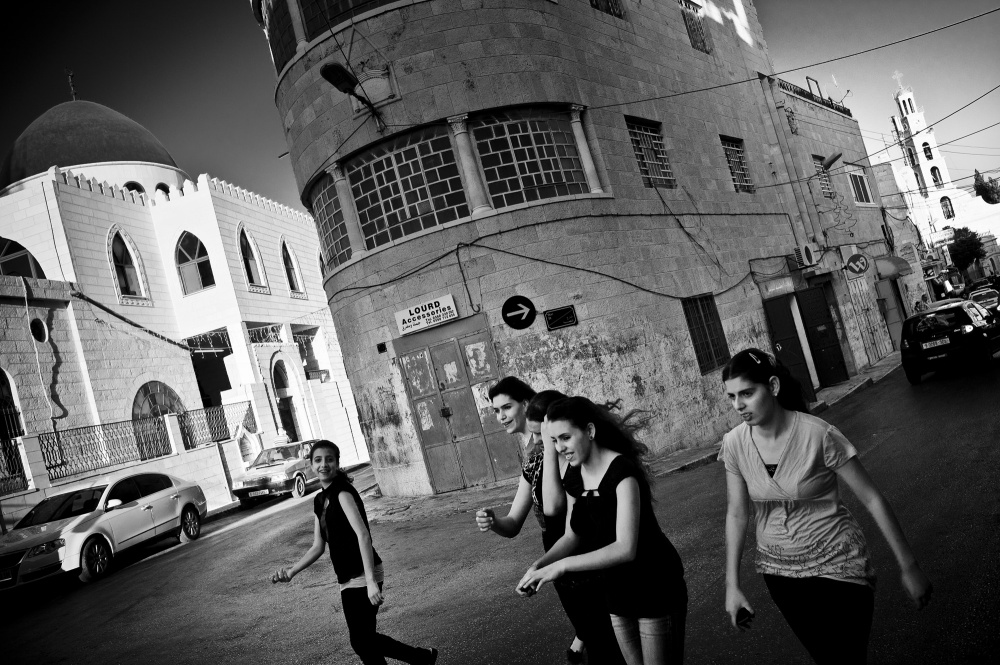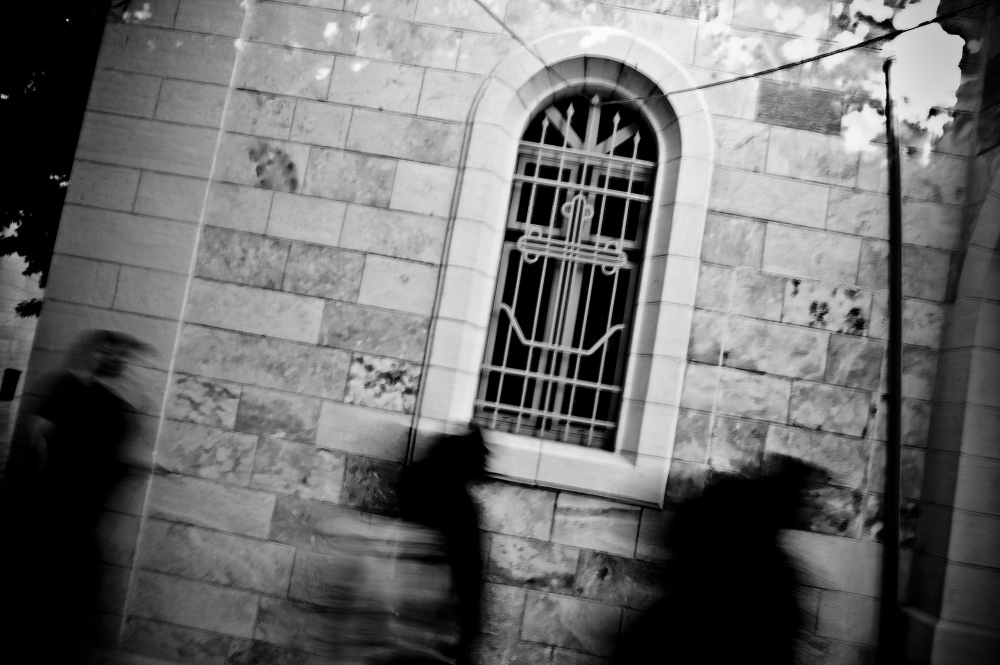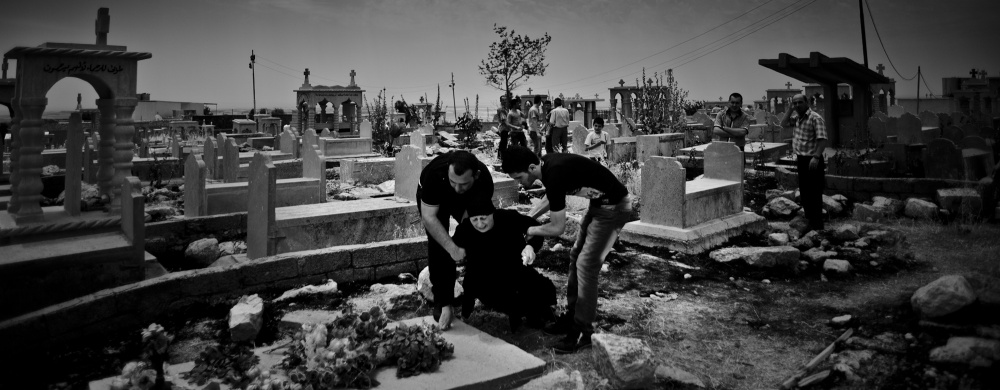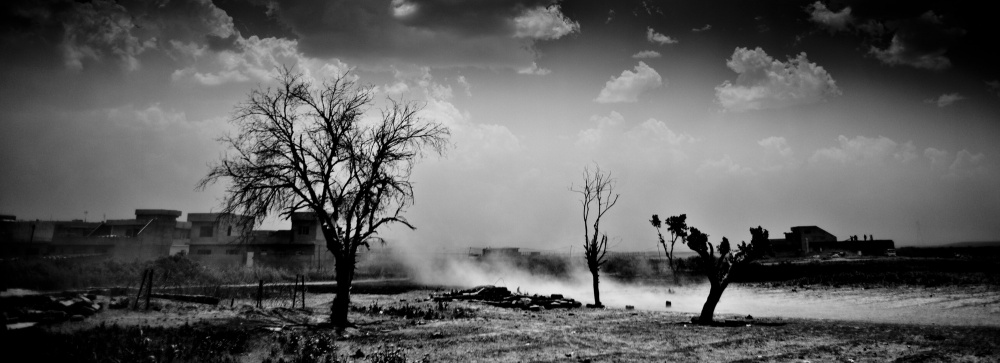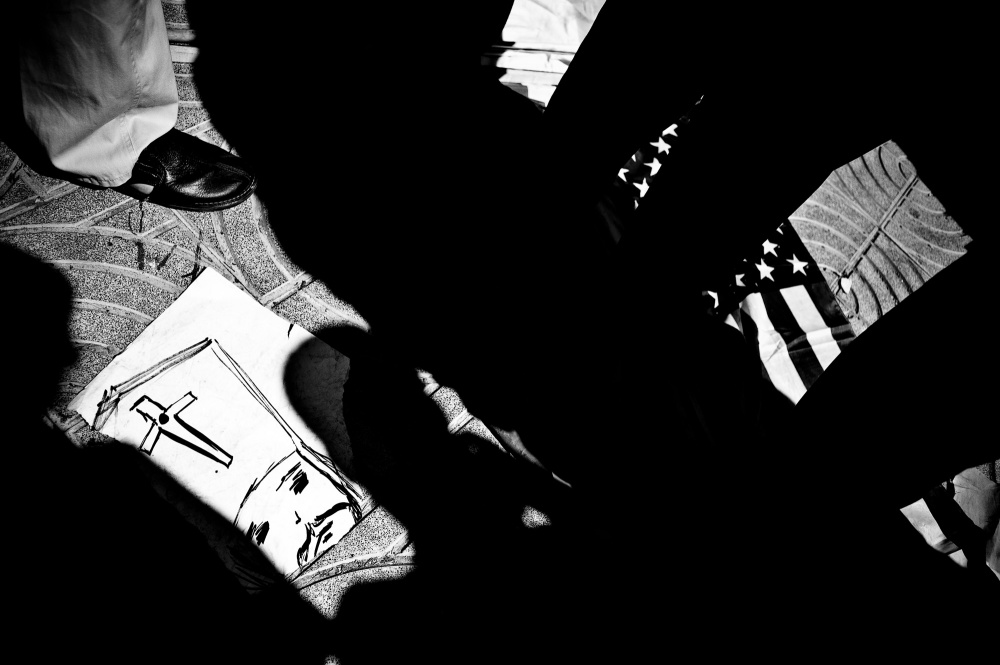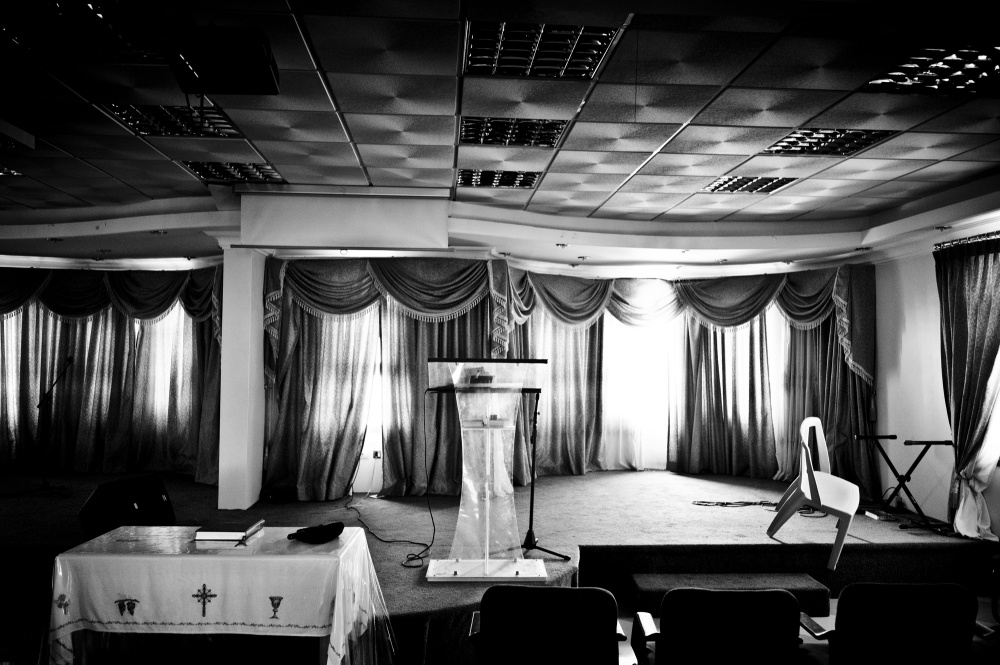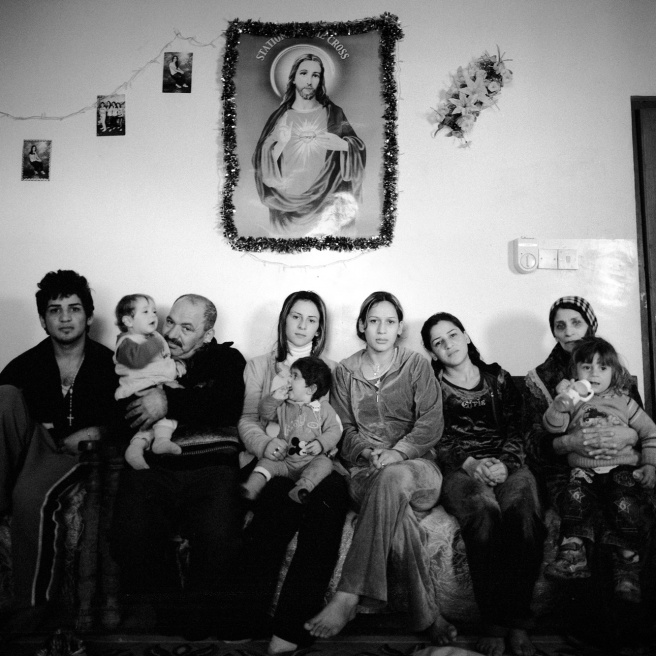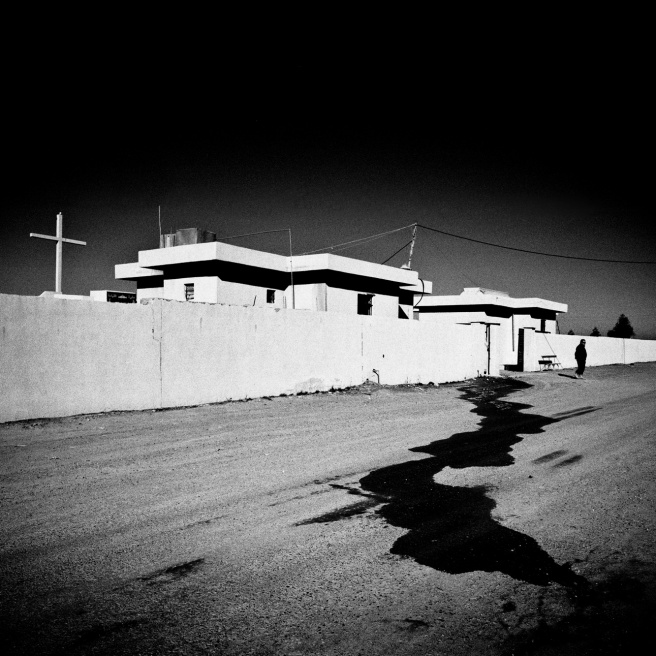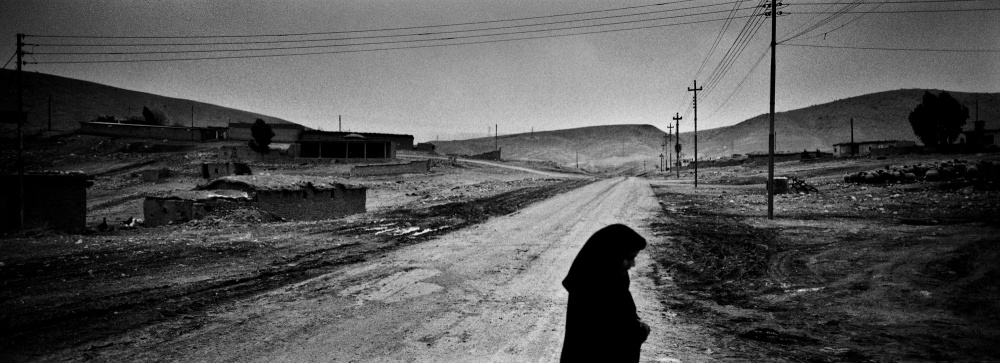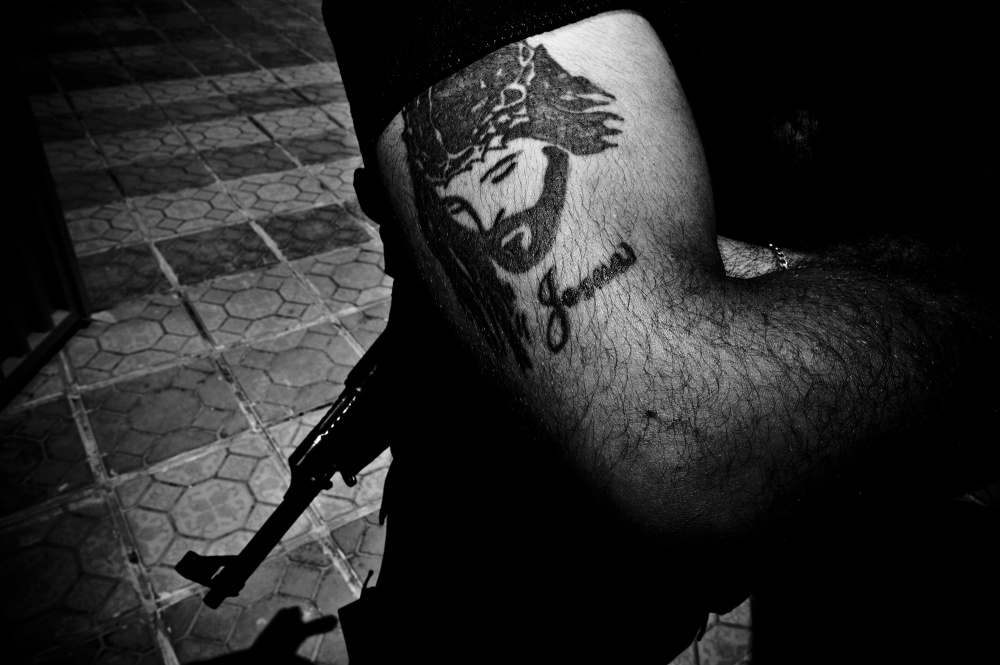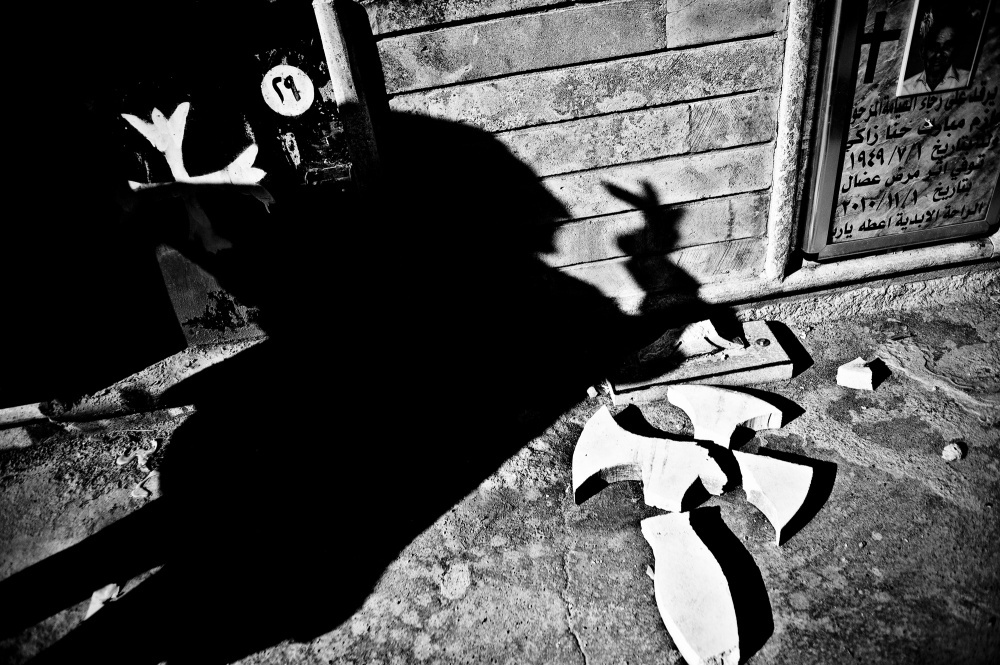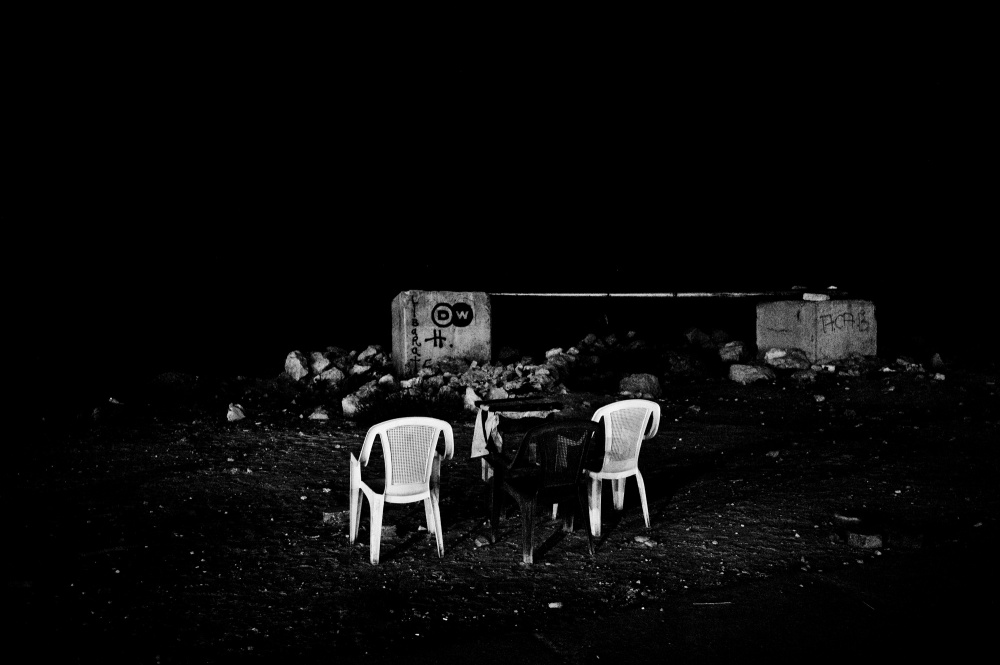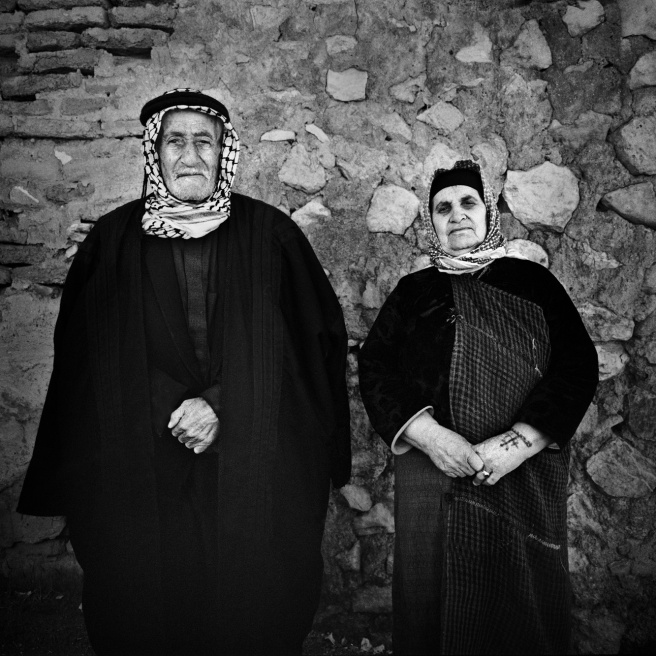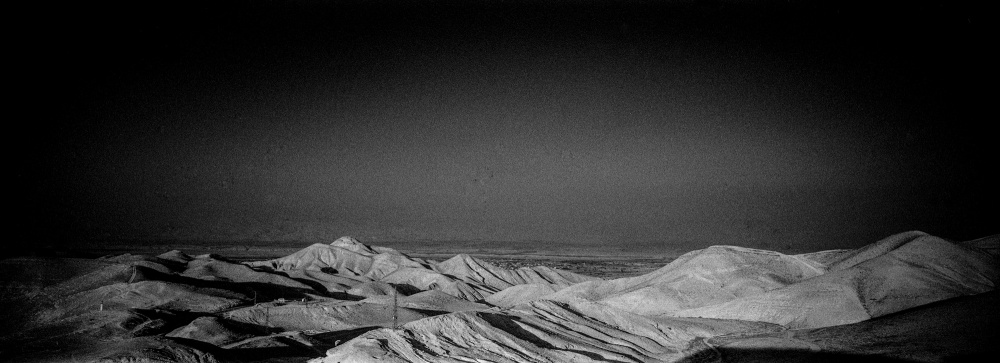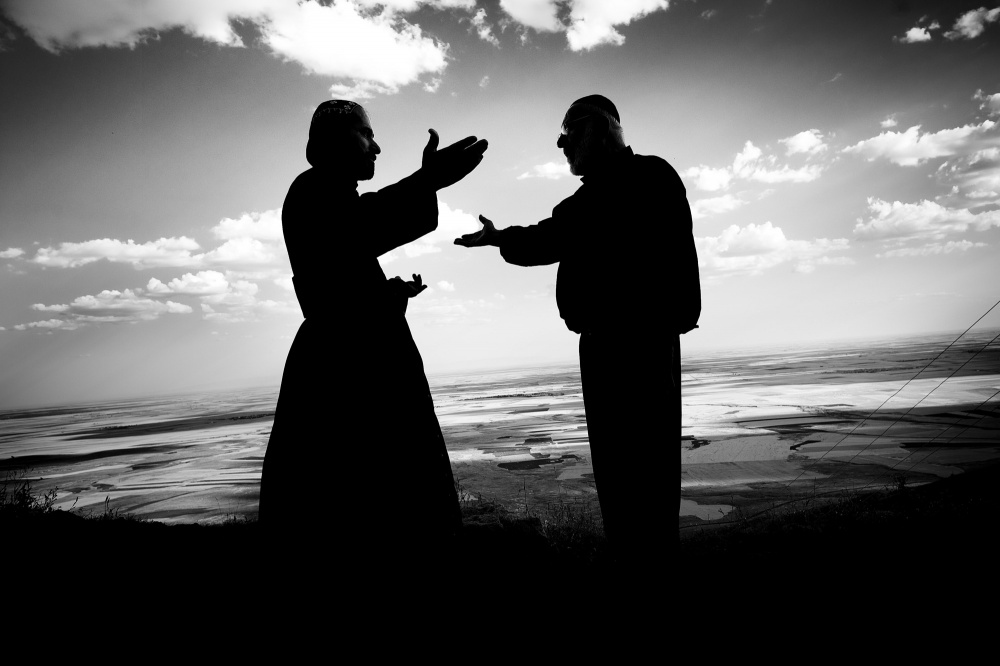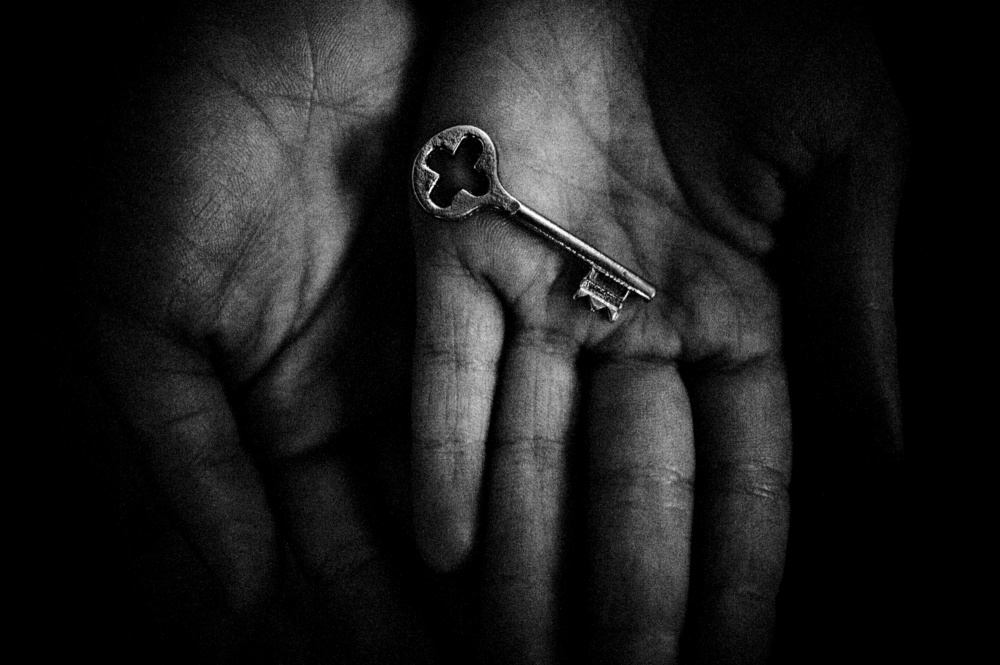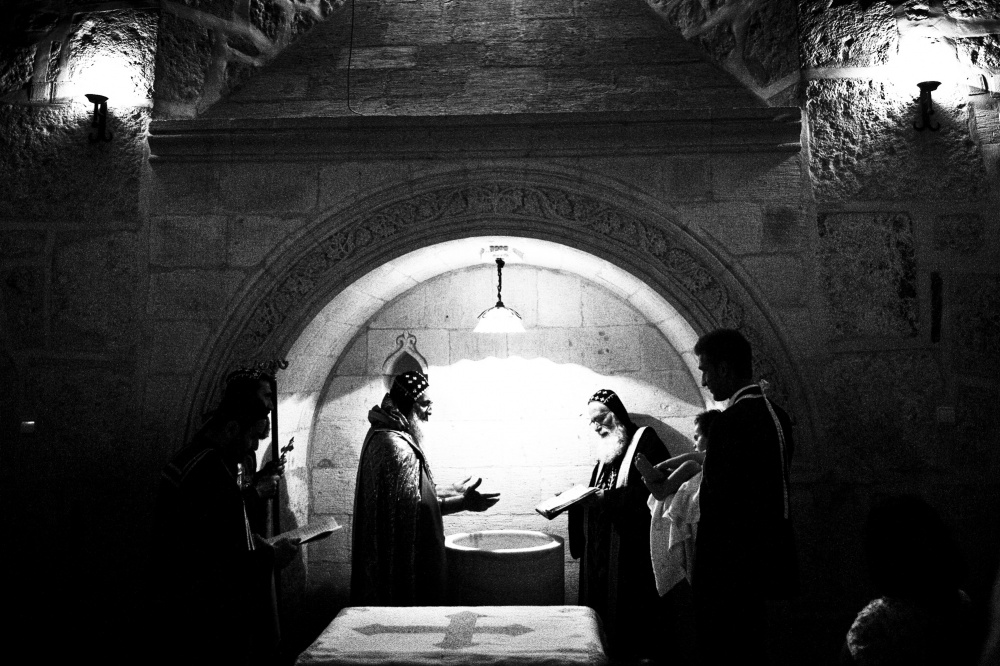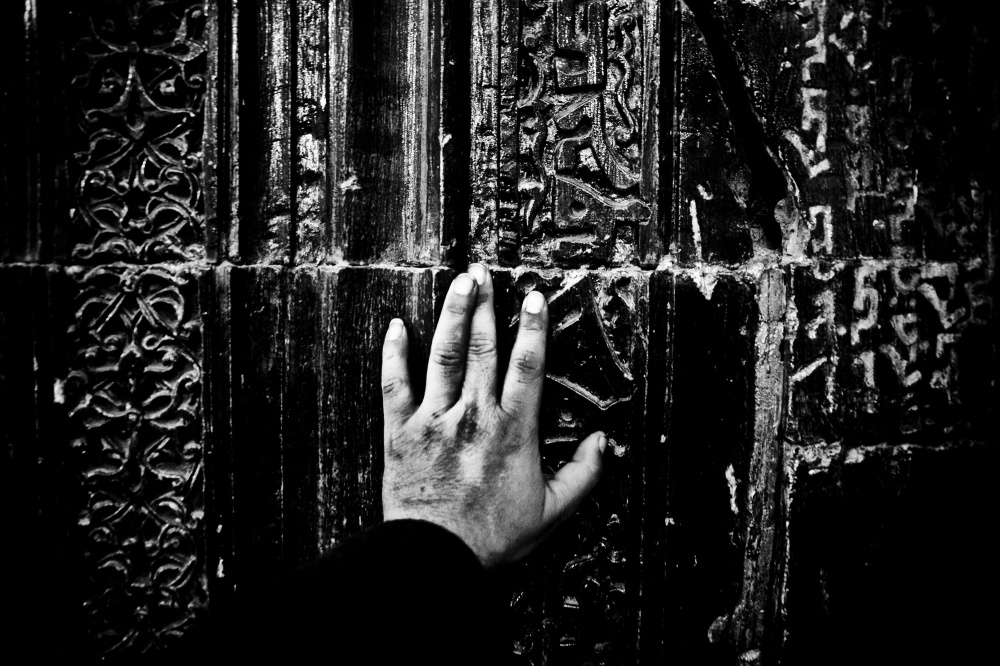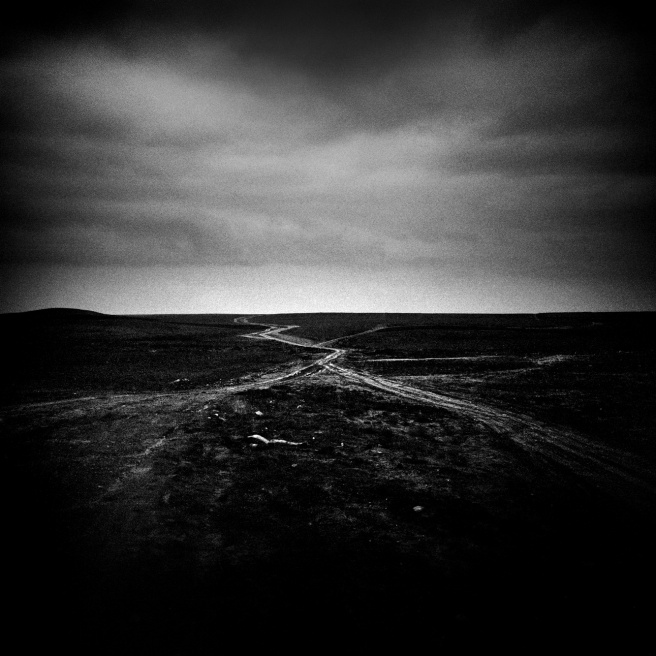EXODUS
Christianity is on the edge of extinction in its birthplace, the Middle East.
Escaping sectarian violence, kidnappings, religious fatwas, economic hardship and severe persecution, some of the oldest Christian communities in the world are leaving the region.
Nowadays there are more Iraqi, Turkish and Palestinian Christians living in the Diaspora in Europe, the US or South America than in their native countries, while the current events in Egypt and Syria indicate a similar fate for its Christian population.
With the current speed of this Christian Exodus continuing, out of 12 million Christians in the middle East only 6 million will be left in the year 2020. It’s a real probability that within one generation Christianity, as a live religion and culture, will have vanished from the Middle East.
I want to document this vanishing people and culture and record a historic process with devastating political, economic and cultural consequences for the Middle East.
Christians have always been part of the intellectual and economic elite of Middle Eastern societies and their migration leads to a brain-drain, sided with the withdrew of financial assets and, equally important, cultural and intellectual force. This lack of resources will only accelerate the problems Middle East as a whole is facing and fuel the vicious circle of poverty, ill-education and extremist violence in the Region.
On a more personal level I’m deeply fascinated by the strength of faith of the Christian communities. Despite all the repression, persecution and at times even lethal violence they face, faith has been the heartbeat that has kept christianity alive in the Middle East.
On one of my first journeys into Iraq I met with Christian refugees. While listening to their stories of loss and suffering, I also heard the sound of the strength of faith resonating in their voices. Ever since then, it was a voice I heard echoing in Christian communities all over the Levant.
Working on the project since early 2011, I have already been to Turkey, Iraq, Egypt, Israel, Gaza and Palestine to document key-regions which are crucial to the survival of Middle Eastern Christianity.
During this time I established links with different NGOs, churches and individuals that have helped me setting up contacts and logistics needed for this project. To complete the project, thus to further depict the complexity of the phenomenon and to deepen its understanding, I will need to visit the Christian communities in the remaining countries of the Levant.
As since thousands of years, religions, people and cultures have merged together in the Eastern Mediterranean, I will focus on three places that are distinctive for their local Christian character and yet representative for Christian culture in the wider Middle East.
Lebanon
One of the last Christian strongholds is the Bekaa valley in northern Lebanon, with the still predominantly Christian city of Zahle. Here, in June, one of the most important festivals of Maronite faith, Corpus Christi, is being held. Around this time of the highest religious devotion I want to focus my documentation of Maronite life and culture.
Jordan
Every year in January, thousands of eastern Christians celebrate the feast of Epiphany on the banks of the river Jordan, celebrating the revelation of Jesus as the Son of God. It is one of the biggest Christian gatherings in the Middle East and a rite as old as Christianity itself.
Syria
With the civil war ongoing, Syria's Christians have, just as their brethren in Iraq, been caught in the crossfire: endangered and largely forgotten, they have become victims of someone else’s war. At the time of writing, only the Christians in the north-eastern Kurdish areas are still living in considerable safe conditions. The town of Qamishli, unofficial capital of the syrian Kurds and located directly at the turkish-syrian border has become one of the last safe havens for Syria's Christians and will be the focus of my documentation.
The FotoVisura Grant would support me to carry out this long-term project and bear witness to a complex historic process with worldwide political, cultural, religious and social consequences, currently unfolding before our eyes.
Andy Spyra
Photographer
EXODUS
Public Project
EXODUS
2,830

